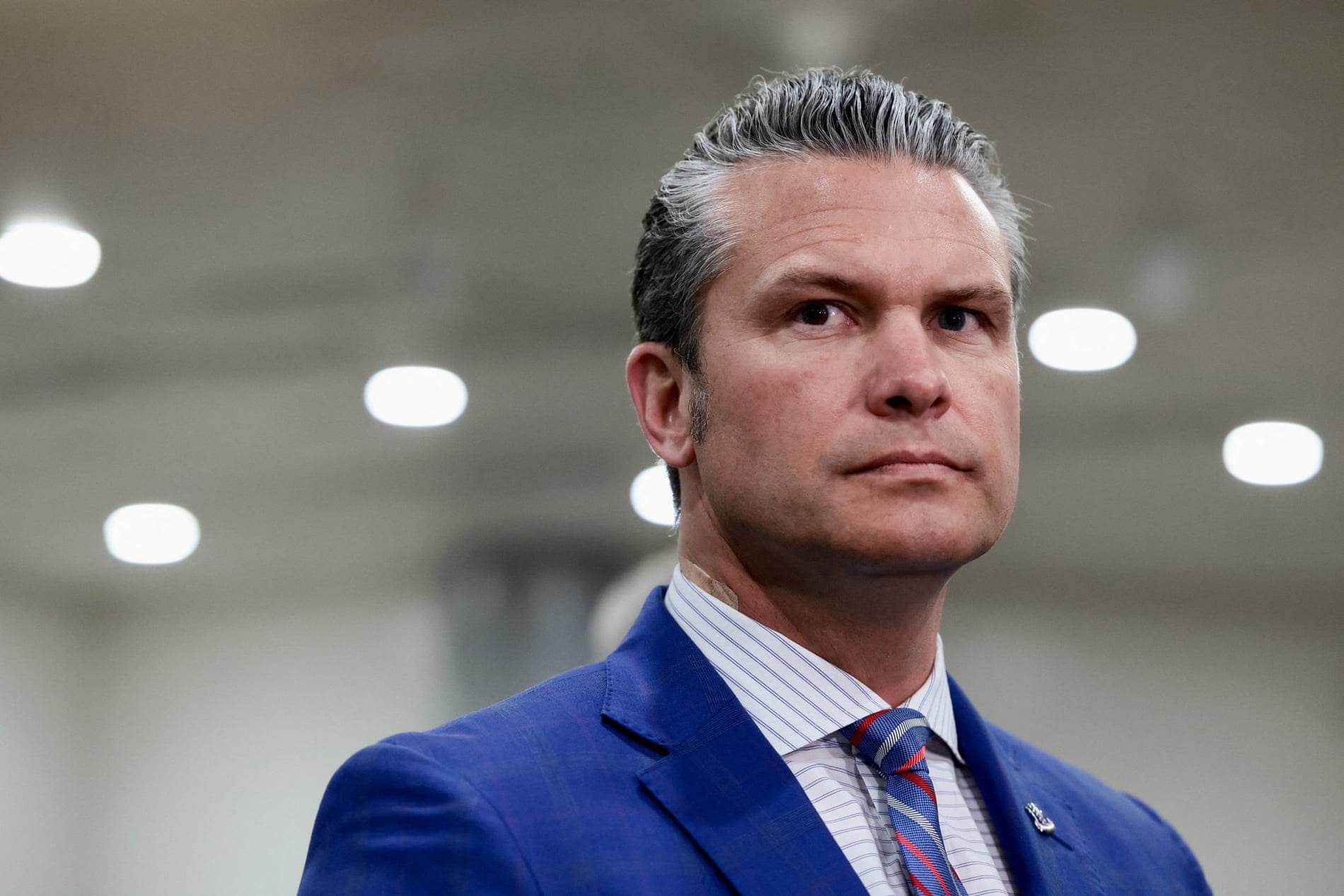 Don't Ask, Don't Tell is dead. But the fight for equality in the military is nowhere near finished. While the official end of DADT at midnight on Monday is a historic turning point, unresolved issues with the Defense of Marriage Act (DOMA) and military regulations mean that service members and their partners in same-sex relationships will continue to suffer second-class treatment.
Don't Ask, Don't Tell is dead. But the fight for equality in the military is nowhere near finished. While the official end of DADT at midnight on Monday is a historic turning point, unresolved issues with the Defense of Marriage Act (DOMA) and military regulations mean that service members and their partners in same-sex relationships will continue to suffer second-class treatment.
Stephen Peters knows what it's like to live a lie, both as a serviceman and as a serviceman's partner. In 2007, he was discharged under DADT after informing his commanding officer that he was gay. Peters had just reenlisted in the Marines—but he didn't want to hide who he was anymore.
"I had a picture of a girl from back home that I was friends with, and I'd tell people she was my girlfriend. I'd make up stories about when I went out with my friends on the weekends, creating this persona that doesn't exist," Peters says. "I just went to my company commander and explained to him that I happened to be gay and I didn't want to get out; I wanted to continue to serve, but I didn't want to have to create those daily lies."
He was distraught over his discharge—as was some of his conservative, religious family—but at least he would no longer have to pretend. Then he fell in love with another Marine.
"It was like going back into the closet," Peters says. "I'd have to go to work and pretend I was single, pretend I didn't have a family." Staying on a direct career path was hard, because his partner getting a new assignment meant he'd have to abruptly pick up and leave. "When I had to quit, I'd have to make up some crazy excuse why I was moving halfway across the country without having another job."





 A Washington DC grand jury declined to indict six Democratic lawmakers who were denounced by...
A Washington DC grand jury declined to indict six Democratic lawmakers who were denounced by... The US defense secretary, Pete Hegseth, has said the Pentagon is ending all military training, fellowships...
The US defense secretary, Pete Hegseth, has said the Pentagon is ending all military training, fellowships...






























